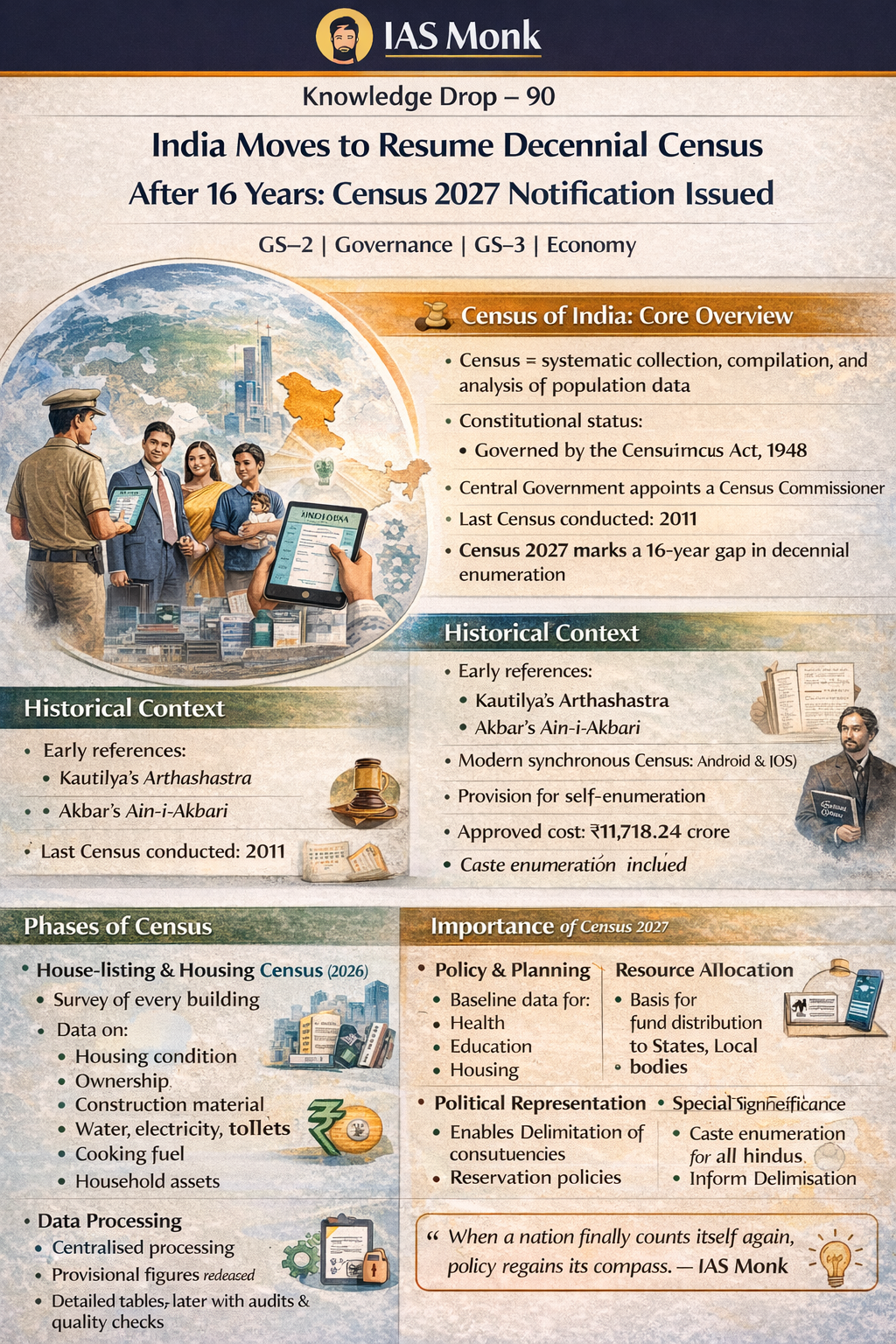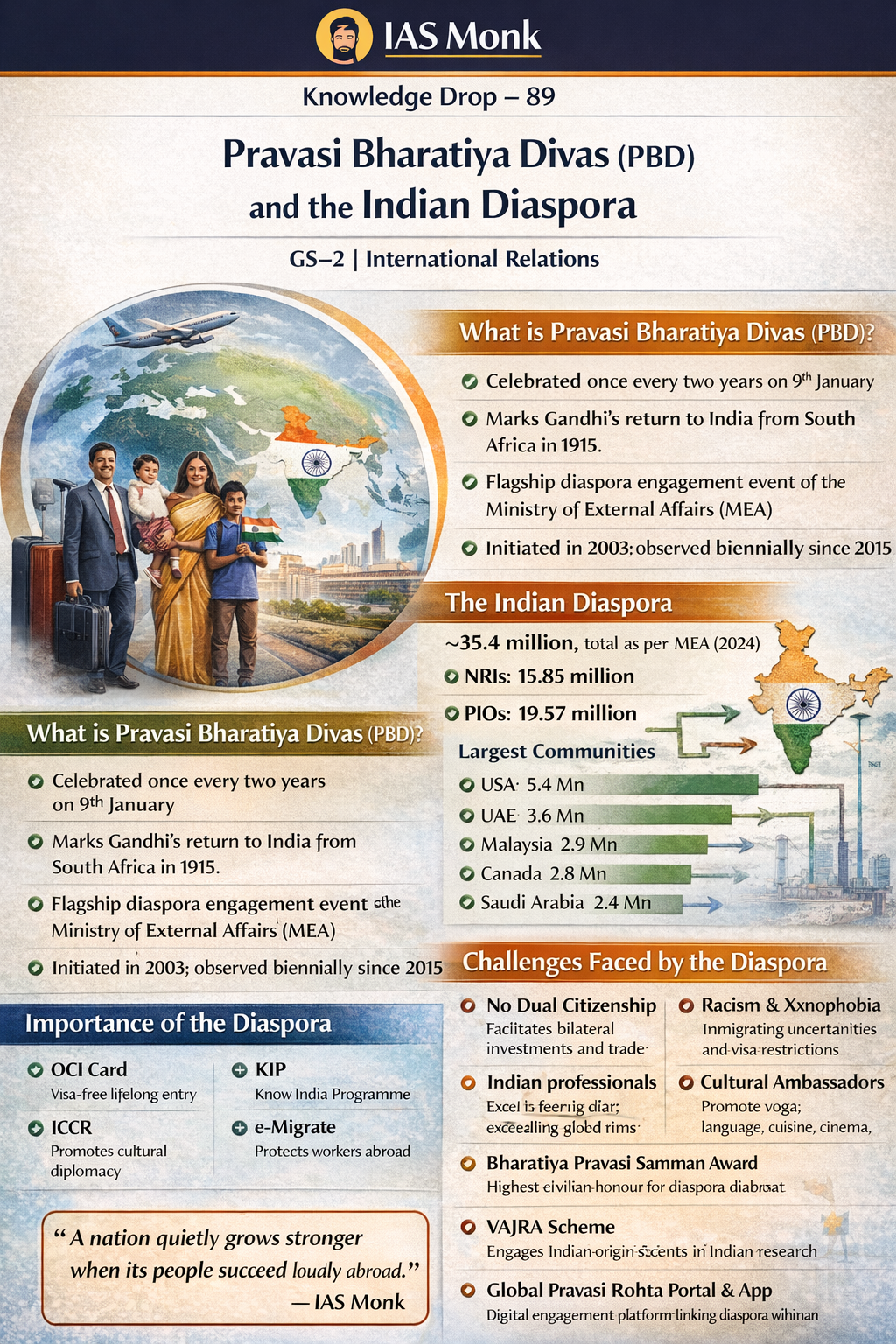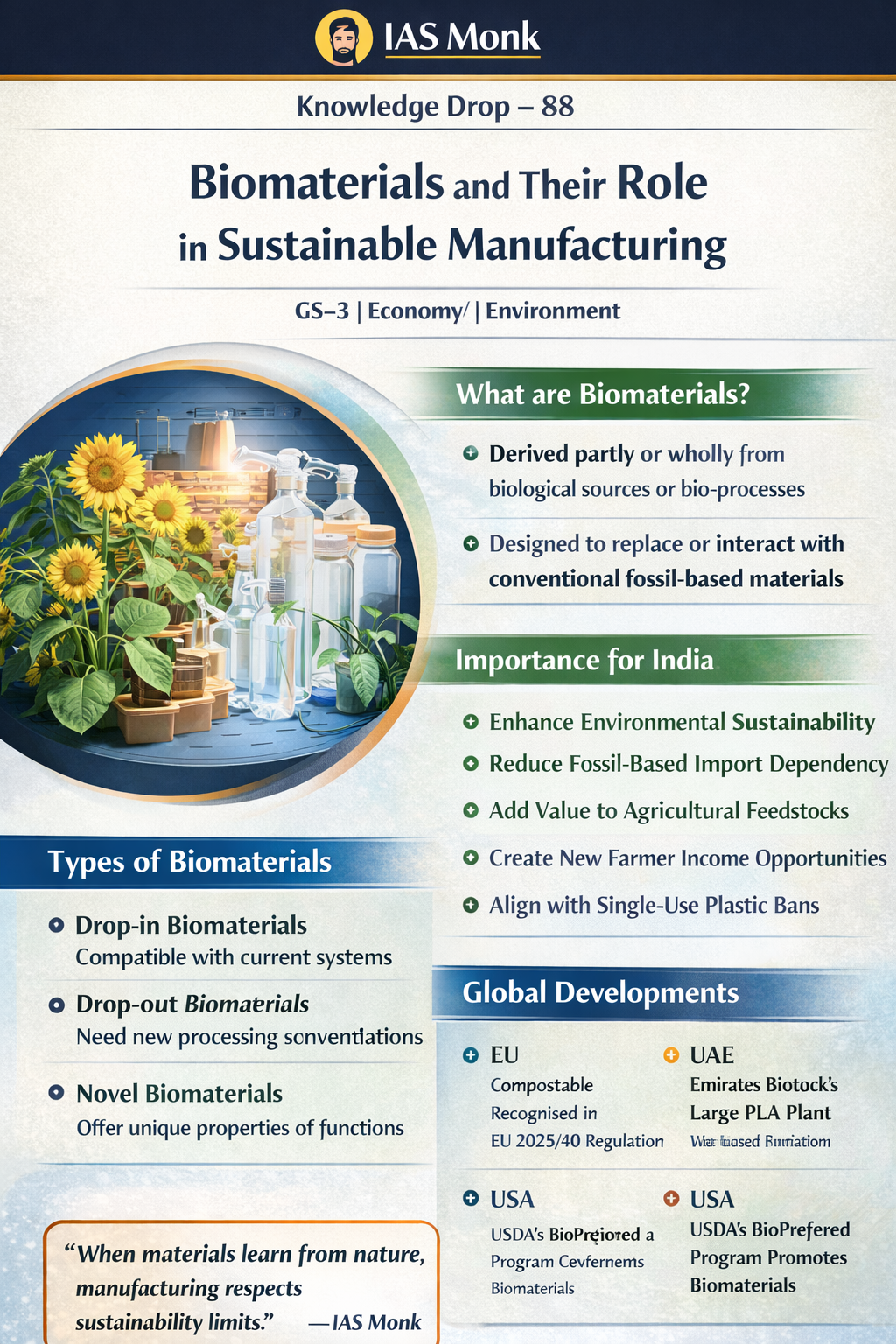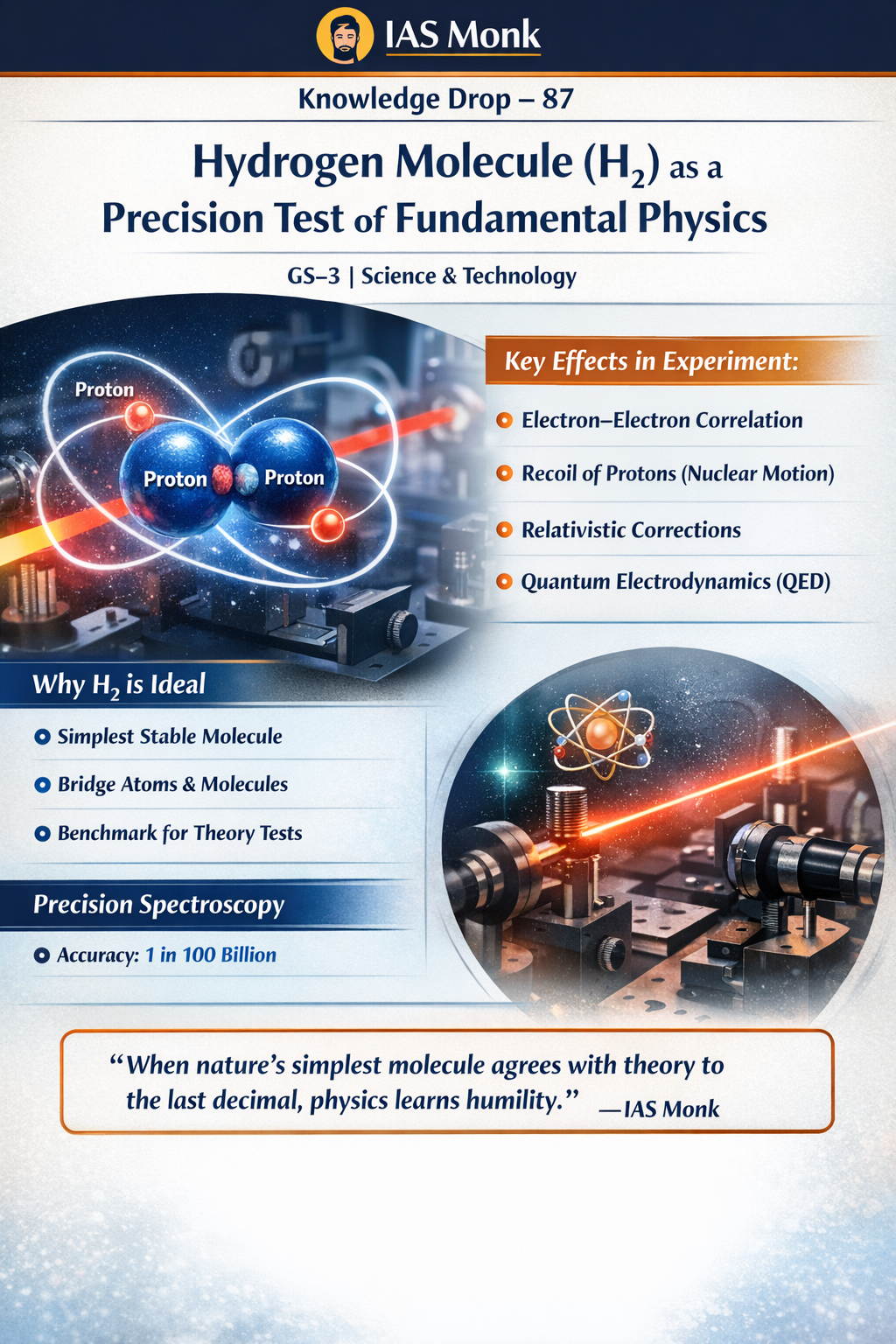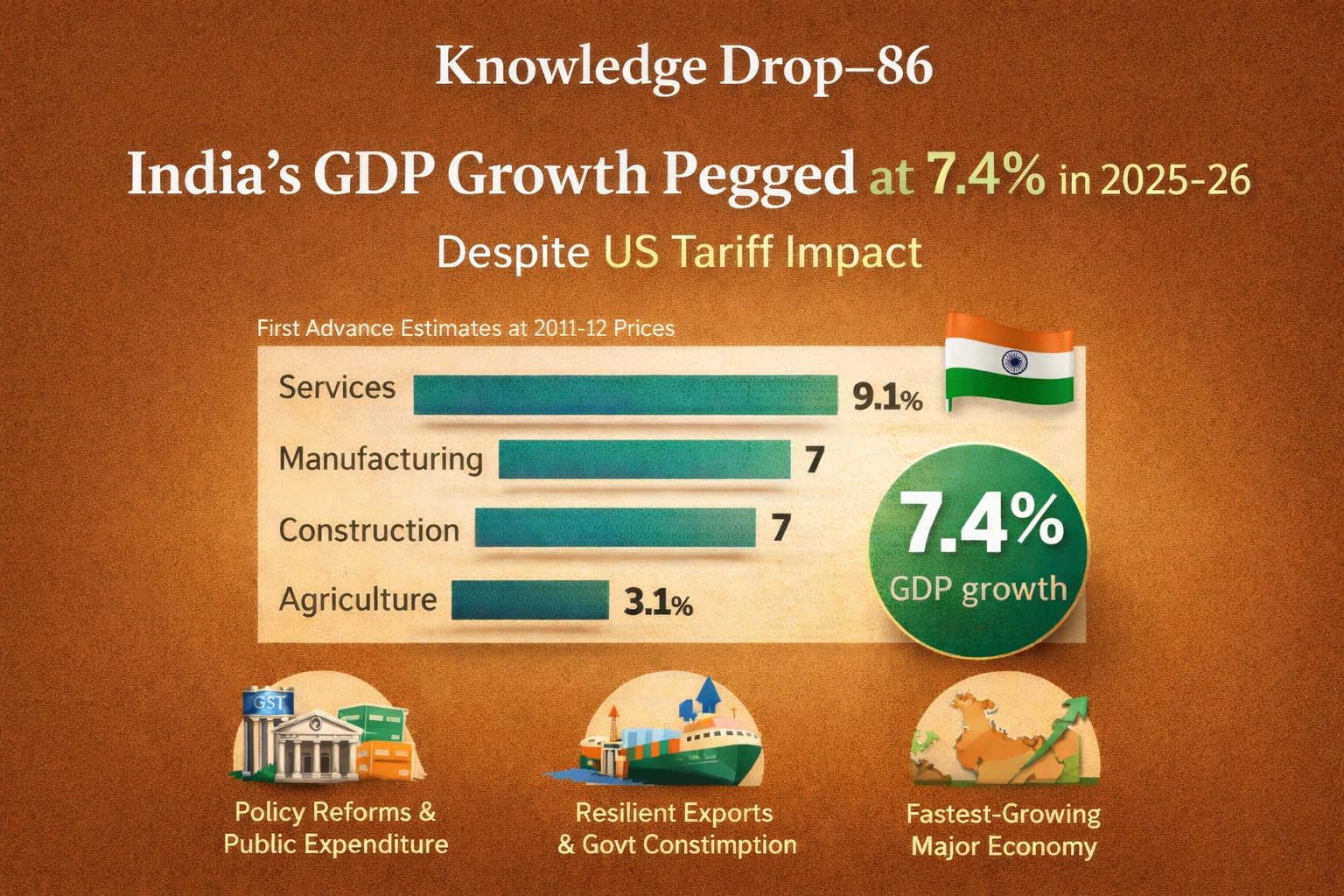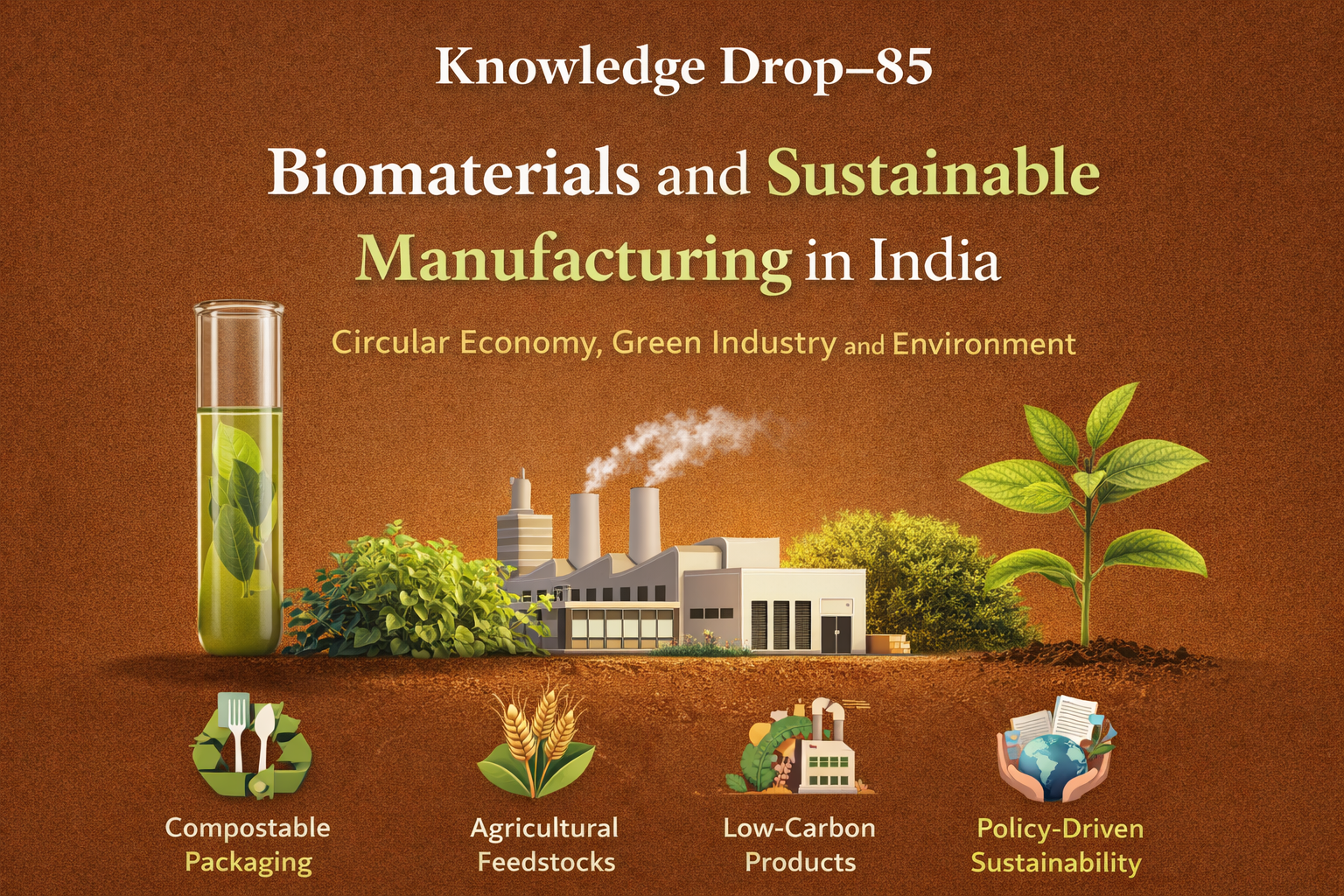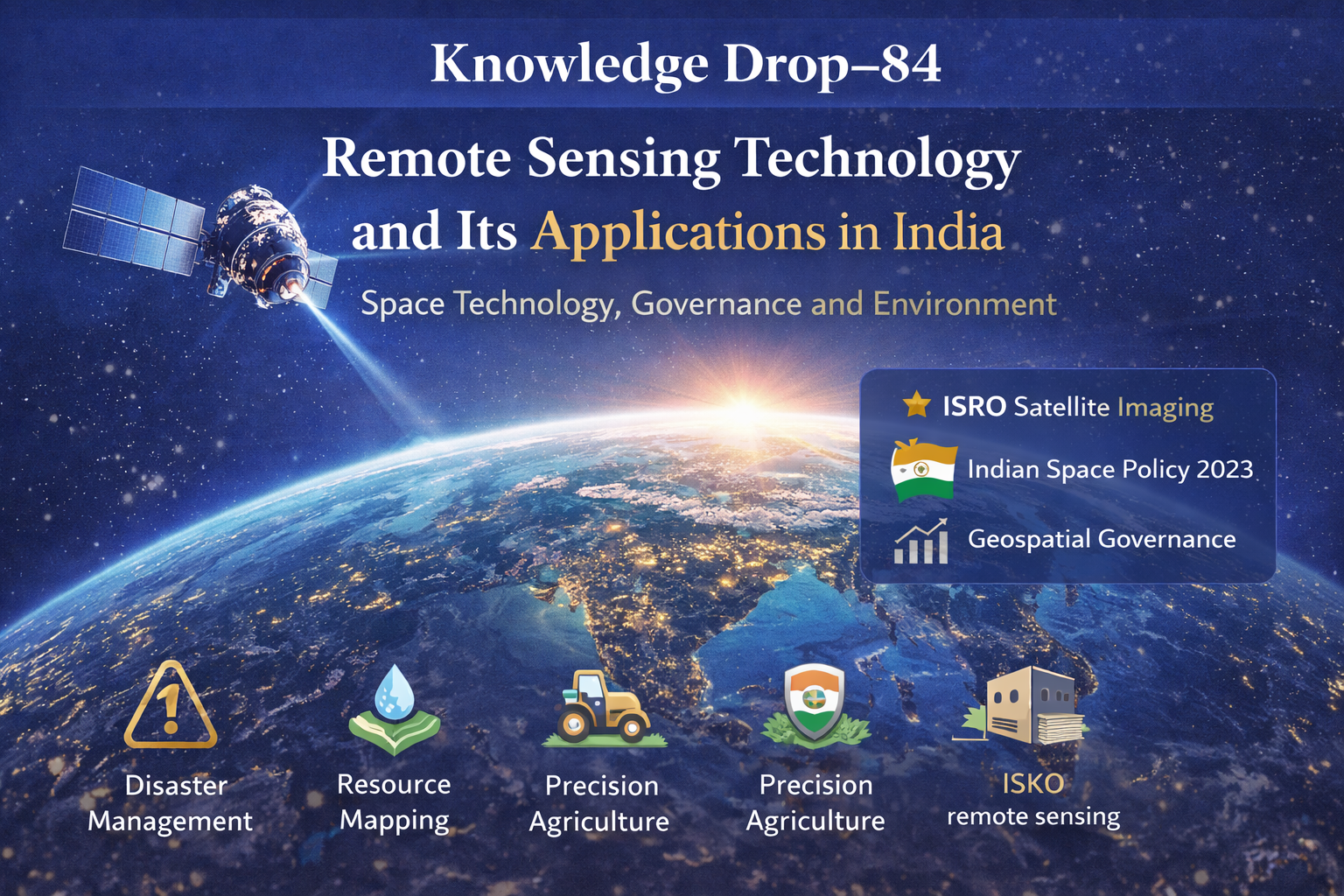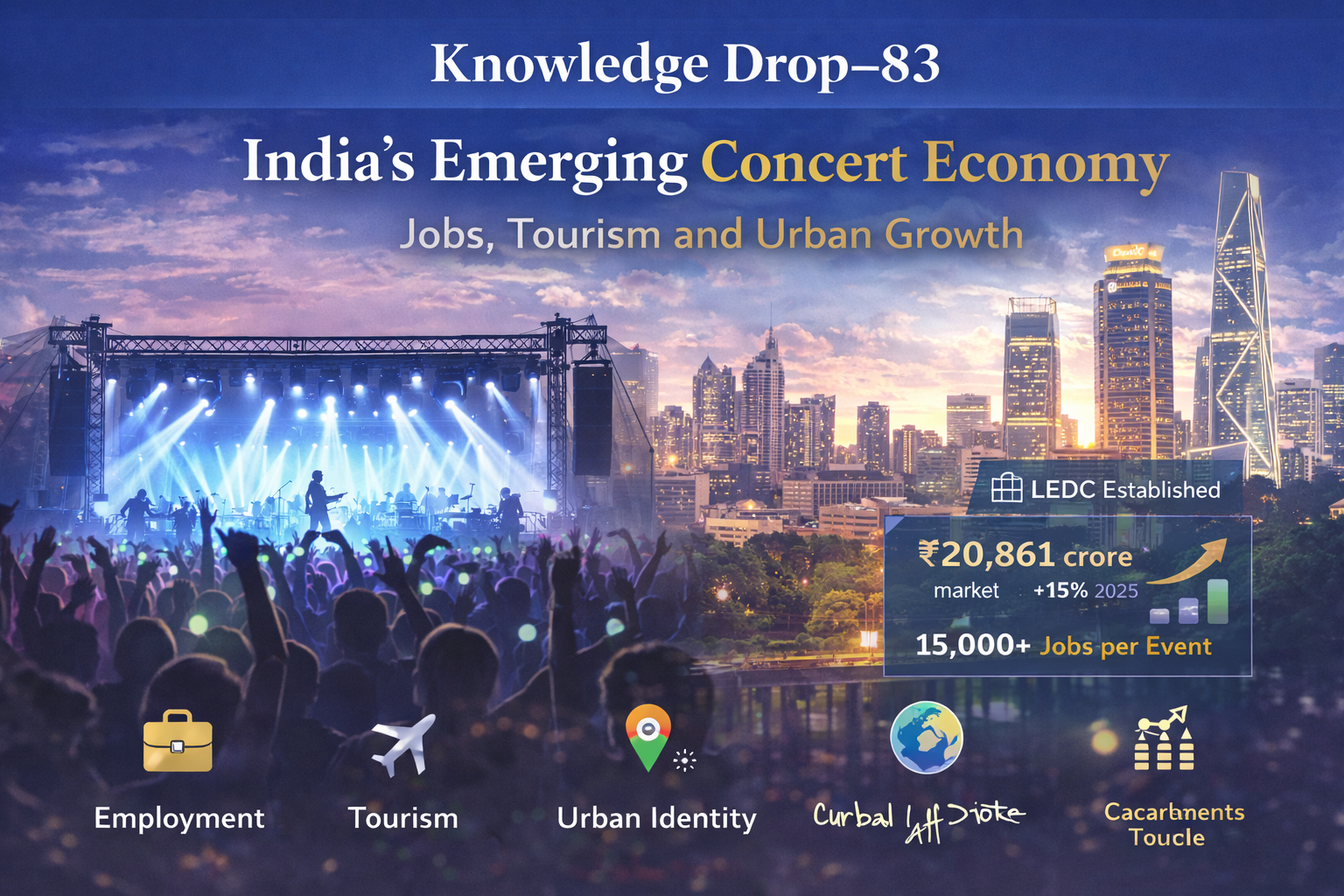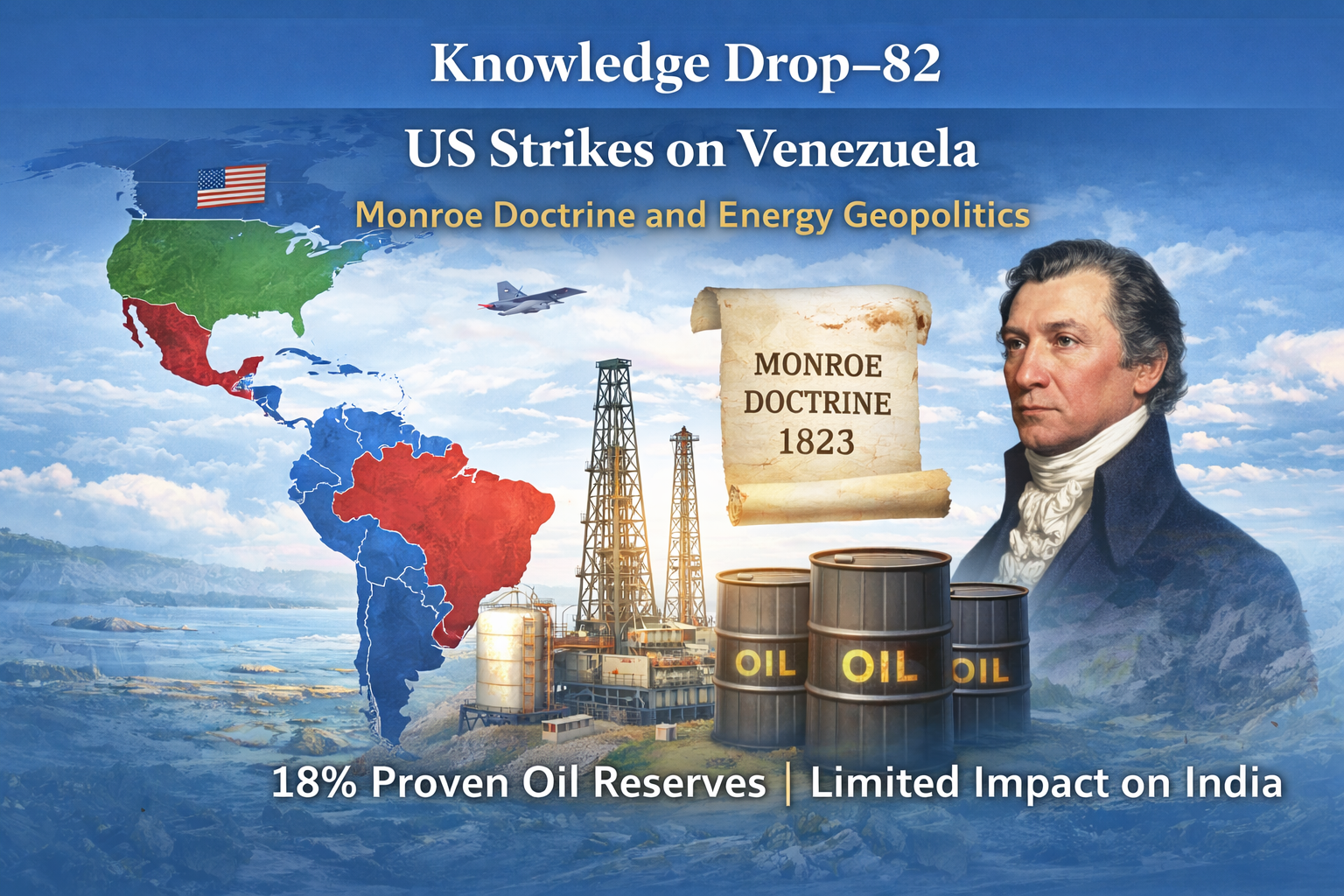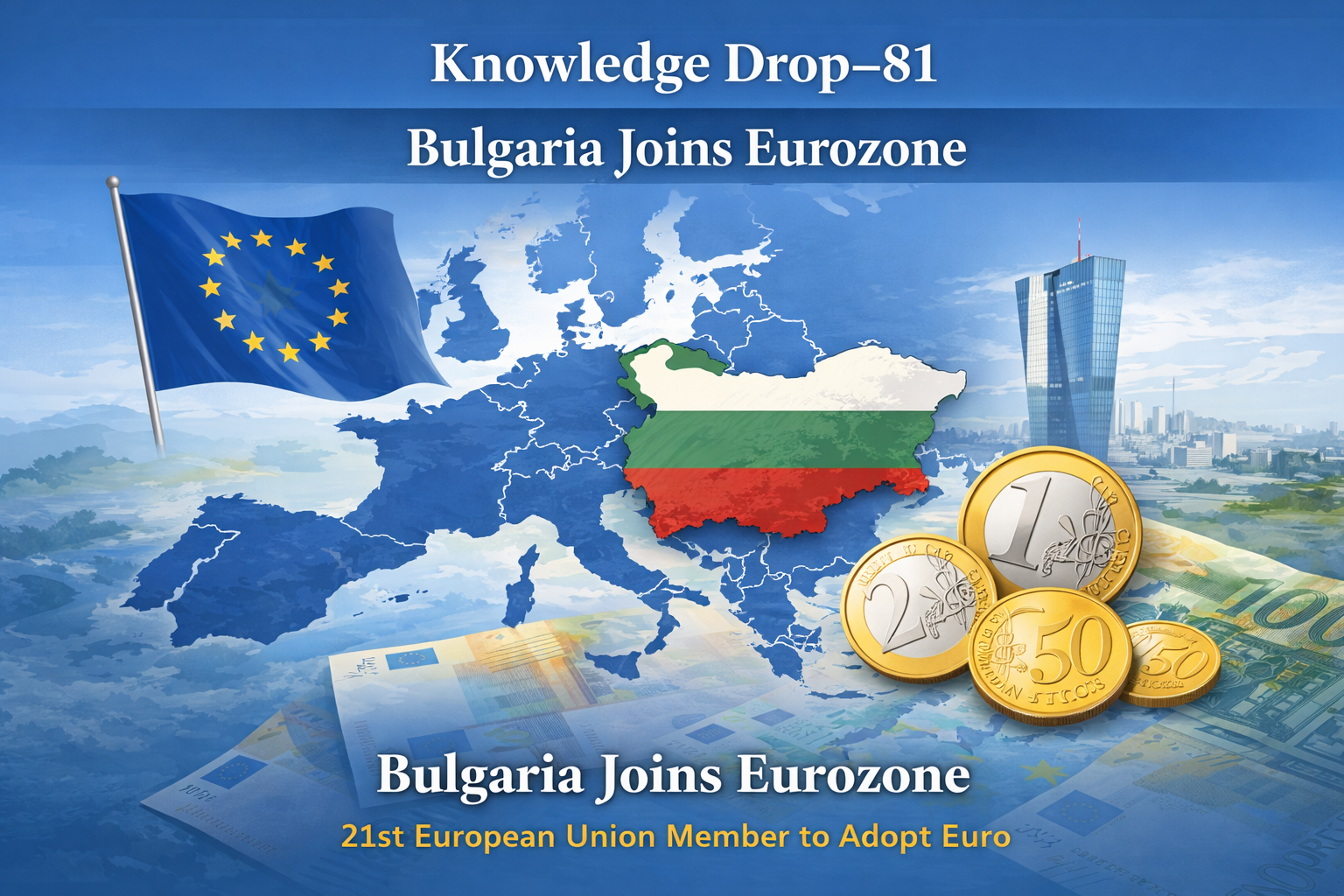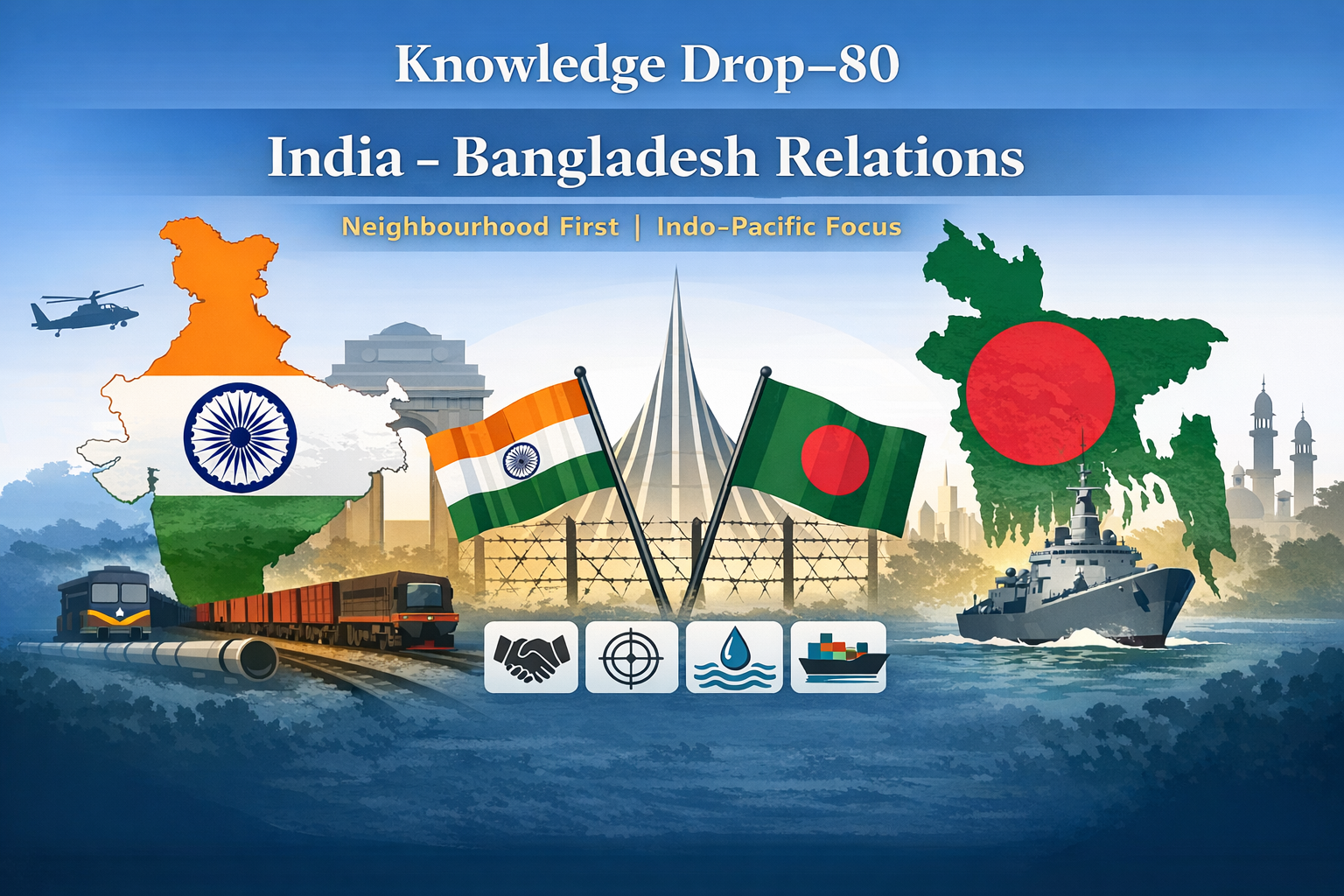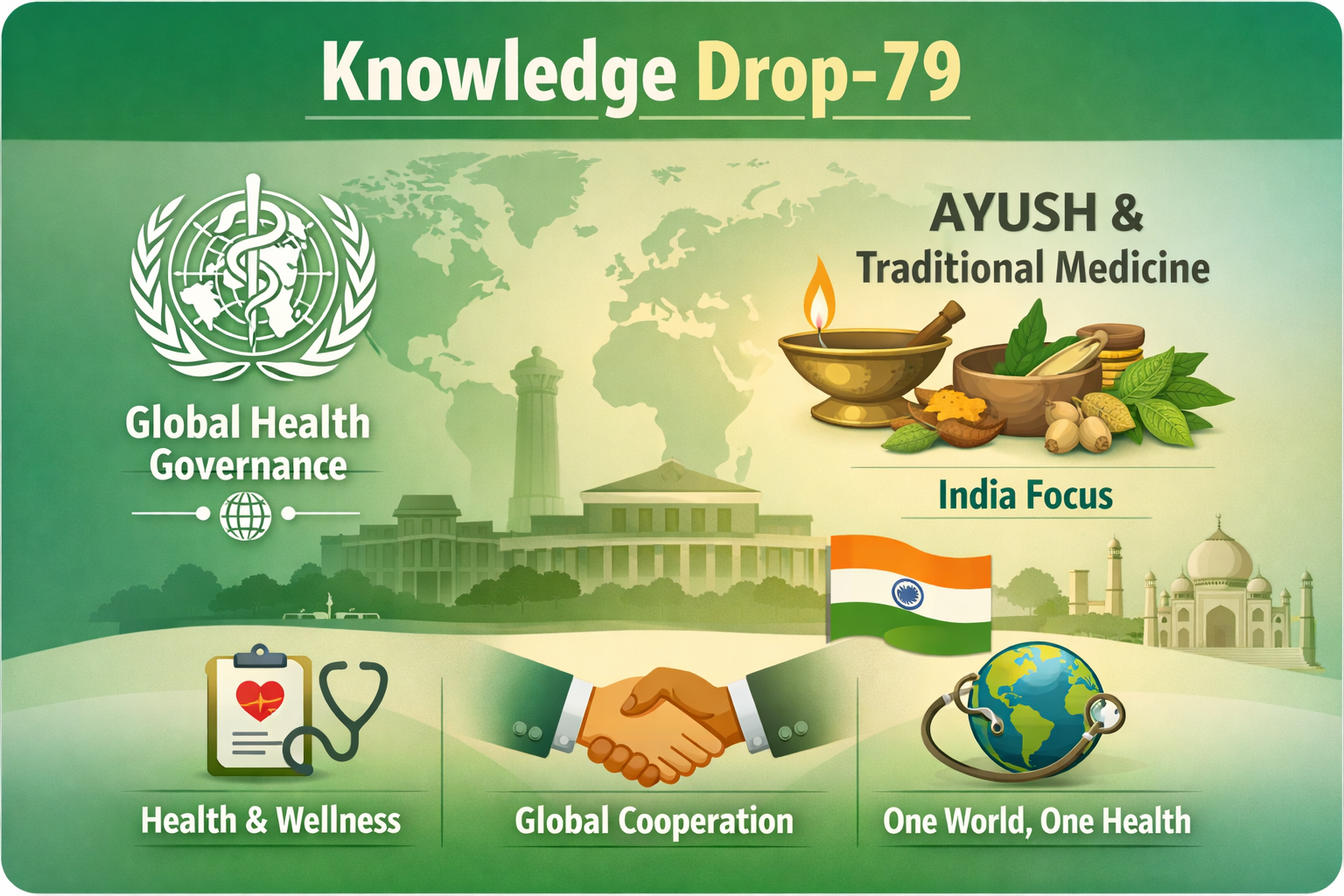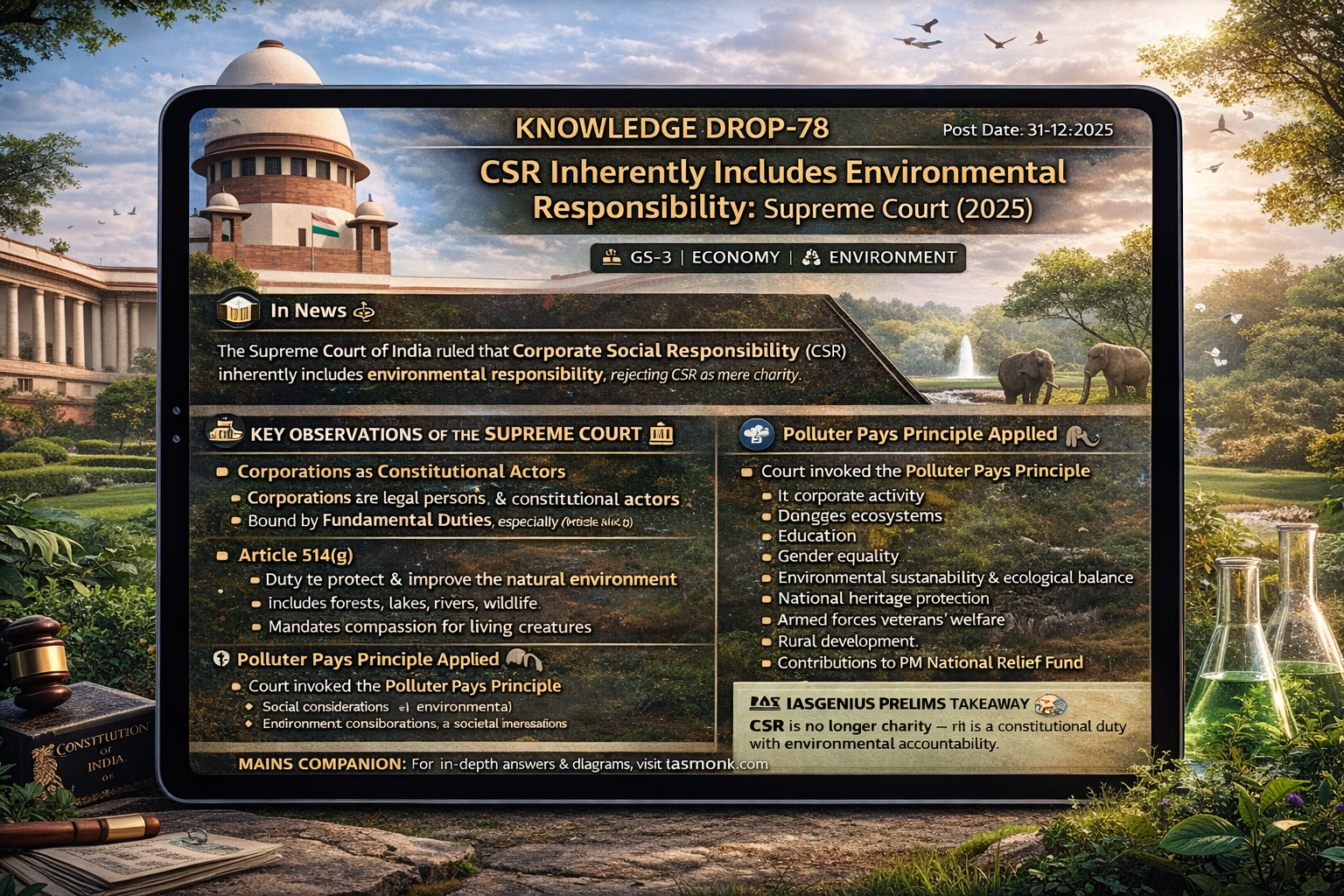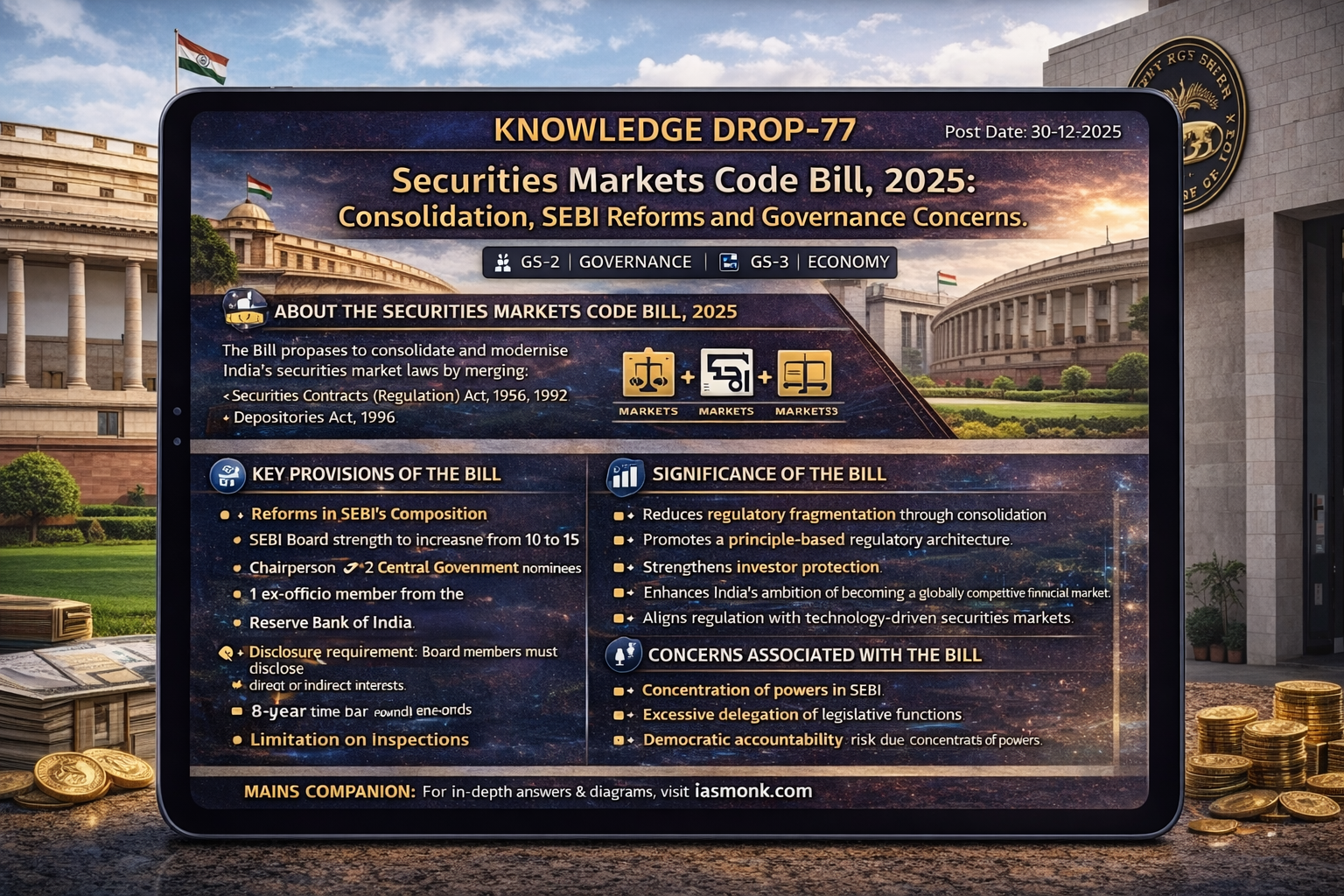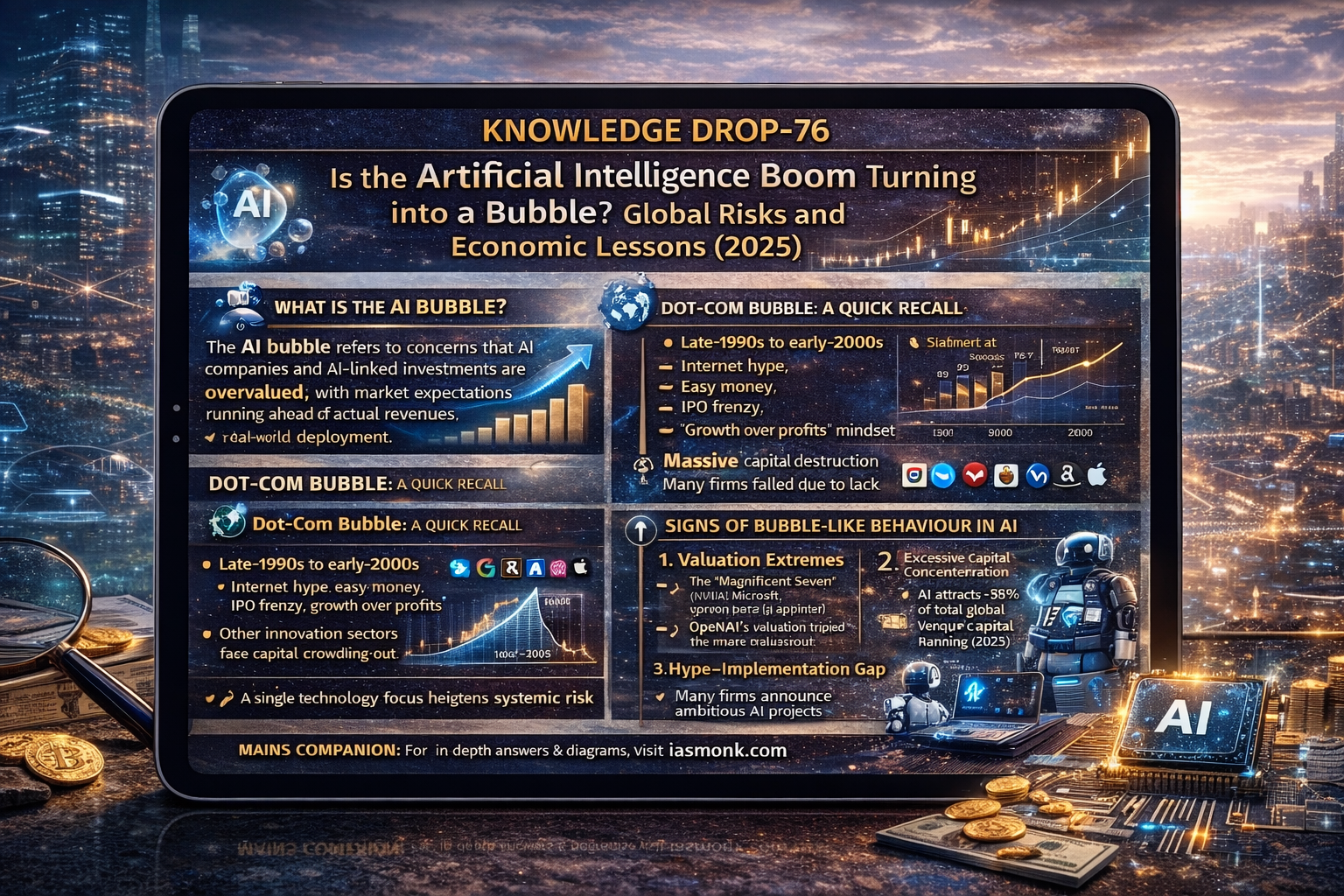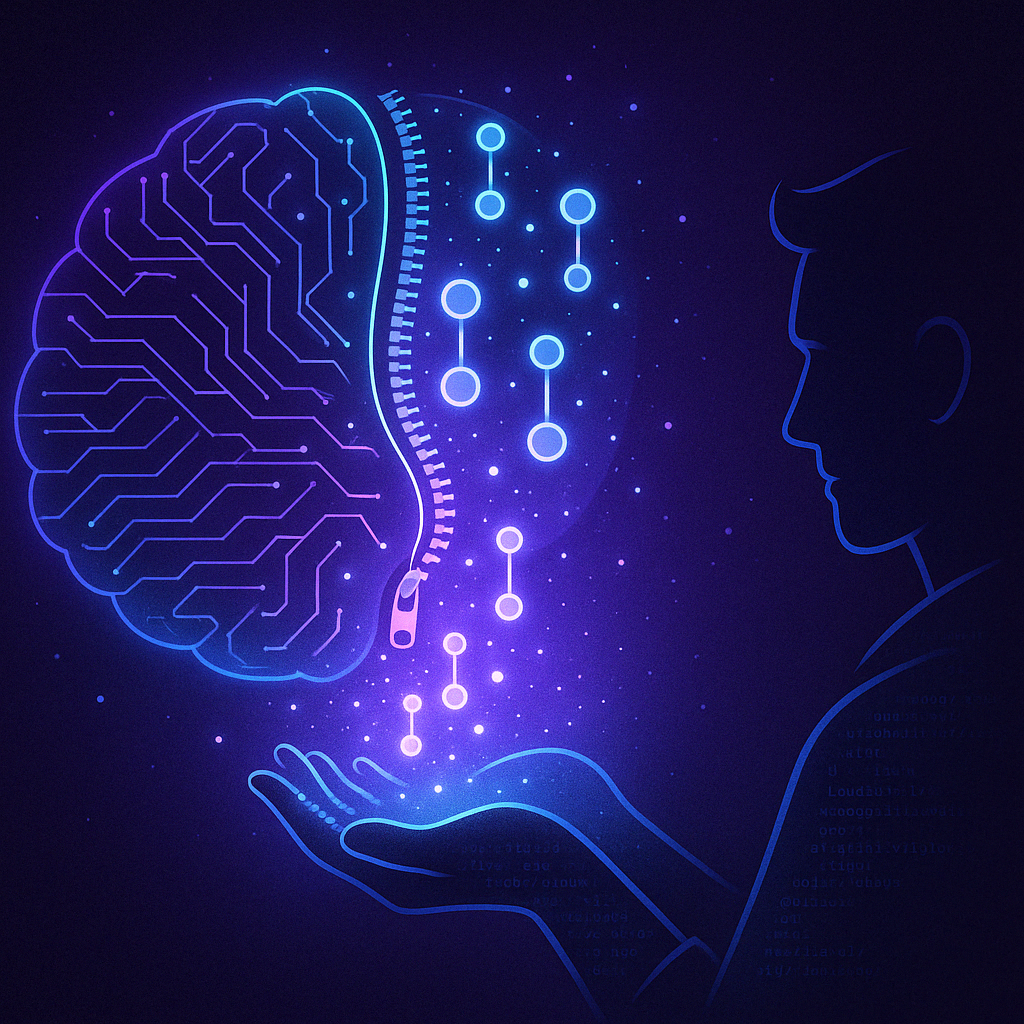
004. Weights Unleashed – OpenAI’s Return to Open Models
Science & Tech, Artificial Intelligence, Data Ethics, Innovation Strategy
By IAS Monk / April 2, 2025

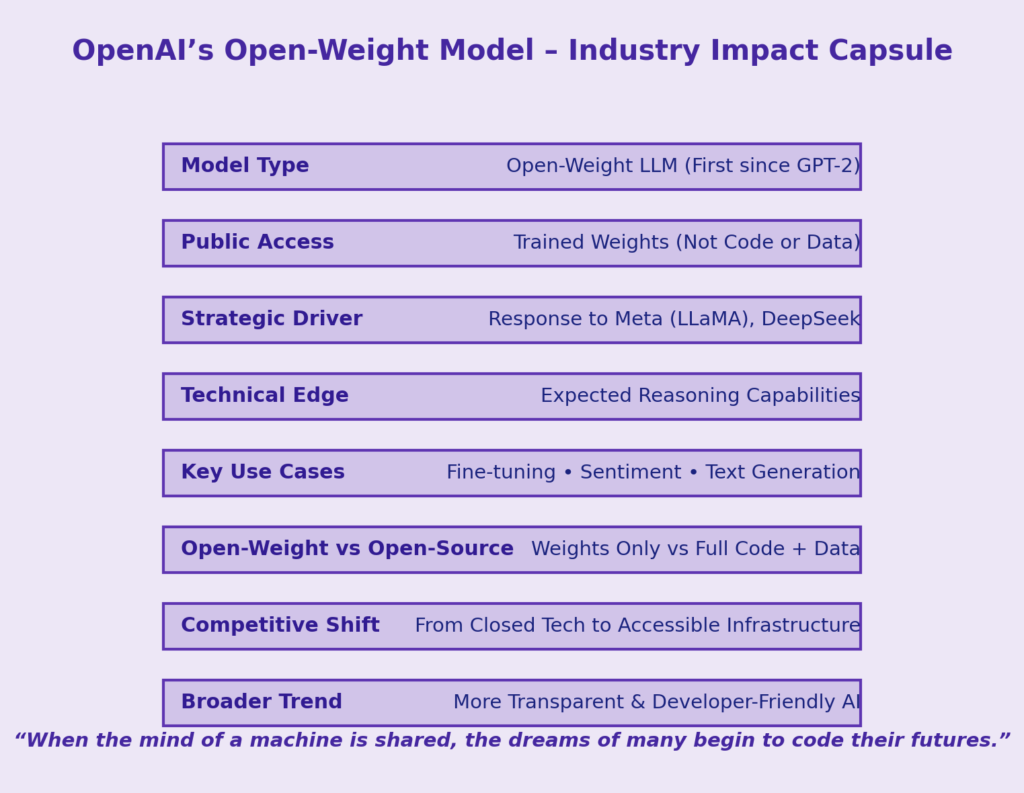
After years of closed-source innovation, OpenAI is returning to the open frontier.
In response to rising competition and developer demand, OpenAI is preparing to launch a new open-weight language model—its first since GPT-2.
This move places the company back in dialogue with a growing community of open-access AI pioneers, such as Meta’s LLaMA and China’s DeepSeek.
🧠 What Are Weights in AI?
- In LLMs, weights are internal values learned during training
- They shape how the model predicts words, solves problems, and understands language
- The more accurate the weights, the more capable the model
🔓 What Are Open-Weight Models?
- Publicly available trained weights (but not always code or data)
- Anyone can download, run, or fine-tune the model
- Useful for custom AI tools, NLP tasks, sentiment analysis, etc.
🔬 Open Weight ≠ Open Source
| Feature | Open-Weight Model | Open-Source Model |
|---|---|---|
| Trained Weights | ✅ Public | ✅ Public |
| Source Code | ❌ Not Public | ✅ Public |
| Training Data | ❌ Not Shared | ✅ May Be Shared |
| Customization | Limited | Full Access |
🔄 Why This Shift?
- OpenAI faces pressure from:
➤ Meta’s LLaMA: Over 1B downloads
➤ Mistral, DeepSeek, Falcon and other open-weight alternatives - Aims to regain developer trust and flexibility
📡 Implications for the AI Ecosystem
- Democratizes access to high-quality LLMs
- Boosts AI-powered startups, research, and education
- Raises questions around security, misuse, and control
- Signals a broader trend toward transparent innovation
📚 Relevance for UPSC
- GS3: Science & Tech – AI Ethics, Data Governance
- GS2: Public Access to Technology, Global Tech Competition
- Essay: “Openness is not just a feature—it’s a philosophy of sharing power.”
✨ Closing Whisper
“When the mind of a machine is shared, the dreams of many begin to code their futures.”
🔥 A Thought Spark – by IAS Monk
In every model weight lies a memory of language—compressed, calculated, learned.
When that weight is made public, it is not just technology being shared—it is potential, freedom, and a silent invitation to innovate.

